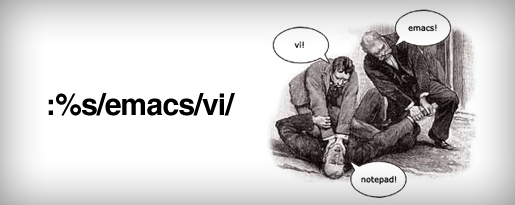Automatic WordPress Updates Using FTP/FTPS or SSH

Introduction
When working with WordPress in a more secure environment where websites are not entirely world-writable, you will notice upgrades request FTP or FTPS credentials as the server itself does not typically have write access in properly-configured environments. Entering these credentials for every upgrade can become quite tedious, and WordPress has implemented some constants you can define within wp-config.php to make upgrades automatic.
It should be noted here that you can also make upgrades …






